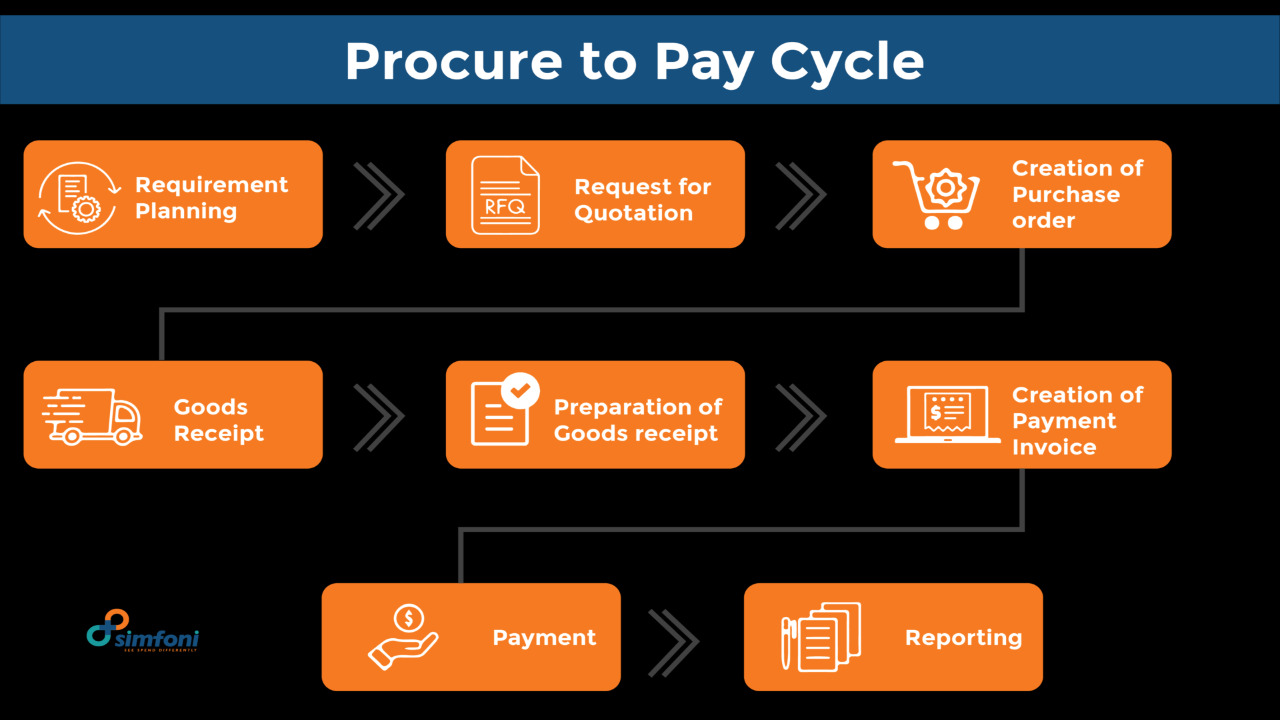

Automating Salary Payments: Benefits and Best Practices
In today’s digital era, automation has become an integral part of various business processes. One area where automation can greatly streamline operations is salary payments. Automating salary payments not only offers several benefits to both employers and employees but also ensures accuracy, efficiency, and compliance. In this article, we will explore the benefits of automating salary payments and discuss some best practices to consider.
Benefits of Automating Salary Payments

Time and Cost Savings: Automating salary payments eliminates the need for manual calculations, check printing and physical distribution. This saves significant time for the payroll department, allowing them to focus on more strategic tasks. Moreover, it reduces the costs associated with paper checks, envelopes, and postage fees. By utilizing a paystubs creator, businesses can further streamline the process by generating accurate and professional paystubs electronically, reducing the time and resources required for manual creation and distribution.
Accuracy and Compliance: Manual payroll processing can be prone to human errors, such as miscalculations or incorrect data entry. By automating salary payments, businesses can ensure accuracy and minimize the risk of mistakes. Automation also helps maintain compliance with tax regulations, labor laws, and other legal requirements, reducing the chances of penalties or legal issues.
Enhanced Security: Automating salary payments offers improved security compared to traditional methods. Direct deposit eliminates the risk of lost or stolen checks. Additionally, automation enables encryption and secure transmission of sensitive employee information, ensuring data privacy and protection.
Employee Satisfaction: Employees appreciate the convenience and reliability of automated salary payments. Direct deposit allows them to receive their salaries directly into their bank accounts, eliminating the need to visit banks or cash checks. Furthermore, employees can access their payment details, such as pay stubs and tax information, electronically, enhancing transparency and convenience.
Best Practices for Automating Salary Payments

Establish a Robust Payroll System: Invest in a reliable payroll software or system that aligns with your organization’s needs. Ensure it offers features such as direct deposit, automated tax calculations, and comprehensive reporting capabilities. Customizable options and scalability are also crucial to accommodate the growth and changing requirements of your business.
Maintain Accurate Employee Records: Accuracy is vital when automating salary payments. Maintain up-to-date employee records, including bank account details, tax information, and any changes in employment status. Regularly audit and update the payroll system to ensure accurate and timely payments.
Implement Strong Security Measures: Safeguarding employee data is paramount when automating salary payments. Implement robust security measures, such as encryption, firewalls, and multi-factor authentication, to protect sensitive information. Regularly review and update security protocols to stay ahead of evolving cybersecurity threats.
Communicate and Educate Employees: When transitioning to automated salary payments, clear communication with employees is essential. Provide detailed information about the new process, including enrollment procedures, timelines, and access to payment-related documents. Offer training or educational materials to help employees navigate the system and address any concerns they may have.
Case Study: Company XYZ’s Successful Implementation

Company XYZ, a mid-sized technology firm, recently automated its salary payment process. By implementing a reliable payroll system and following best practices, they experienced numerous benefits. The time spent on payroll processing was reduced by 50%, allowing the payroll team to focus on strategic initiatives. Employees appreciated the convenience of direct deposit, leading to higher satisfaction levels. Additionally, the implementation of strong security measures ensured the protection of employee data, enhancing trust within the organization.
Conclusion
Automating salary payments brings numerous benefits to businesses, ranging from time and cost savings to enhanced accuracy and compliance. By following best practices such as investing in robust payroll systems, maintaining accurate records, implementing strong security measures, and effectively communicating with employees, organizations can successfully transition to automated salary payments. Embracing automation not only streamlines processes but also improves overall efficiency, productivity, and employee satisfaction in the modern workplace.

Comments are Disabled